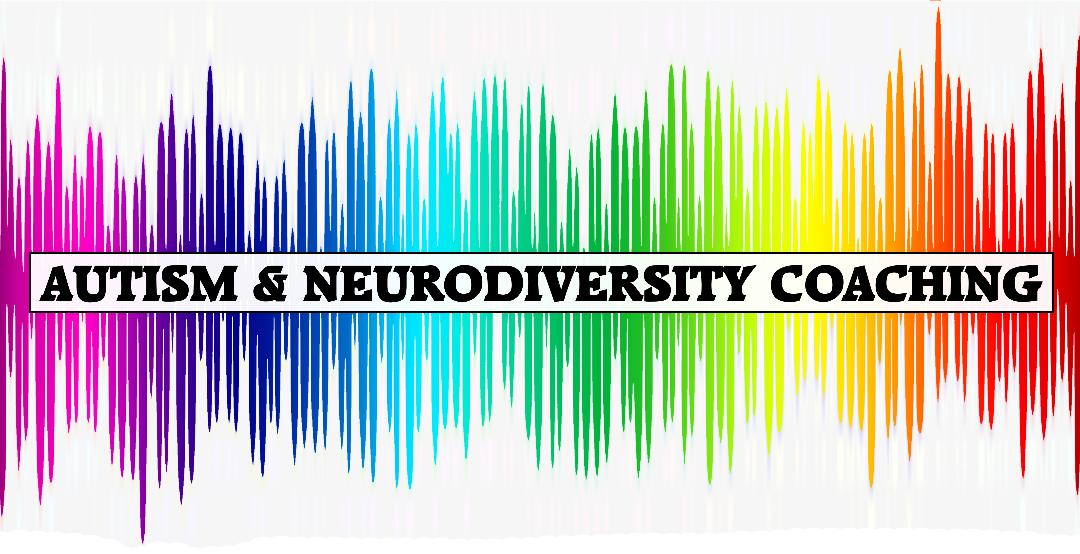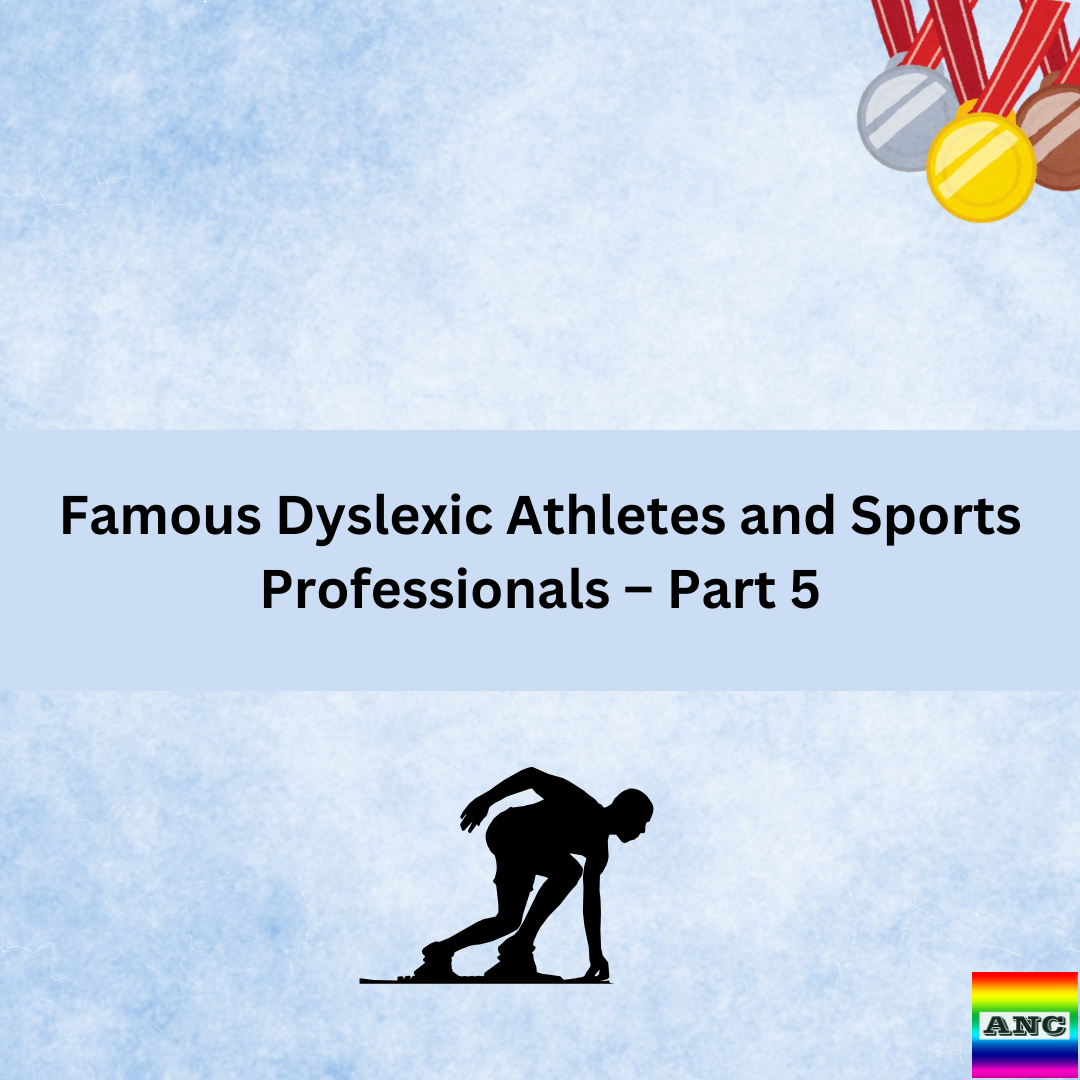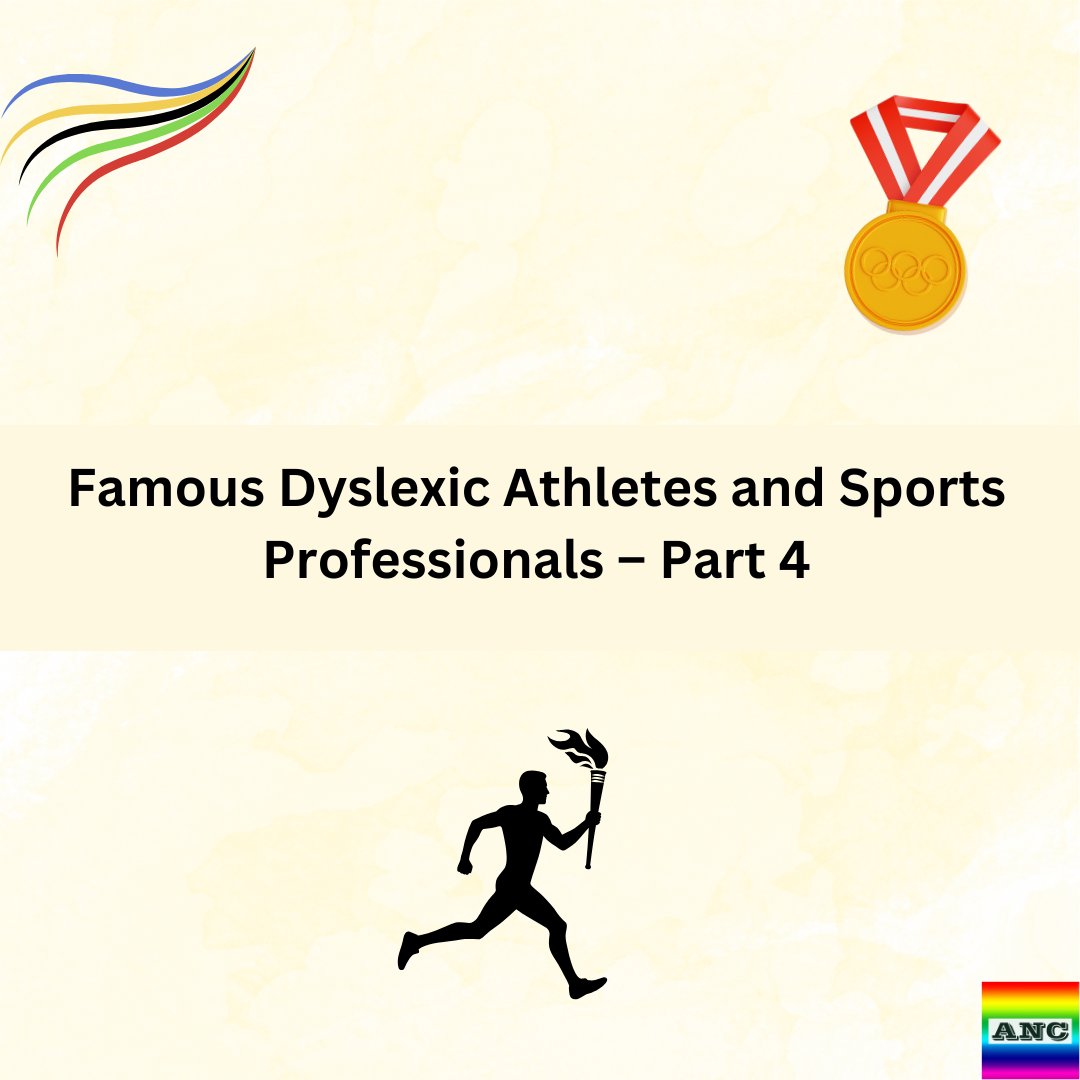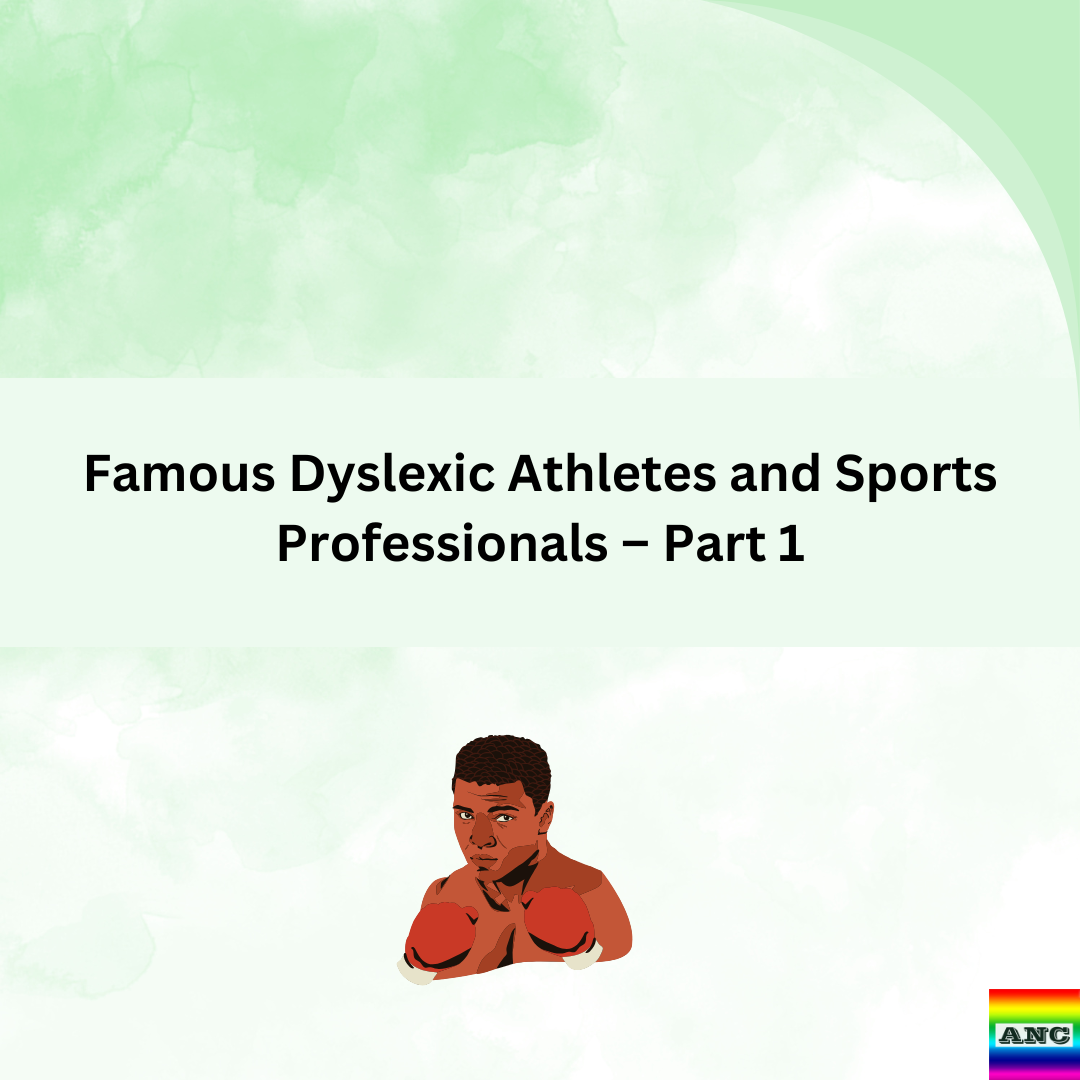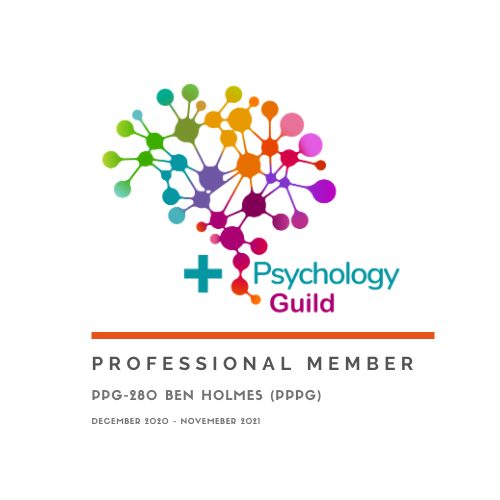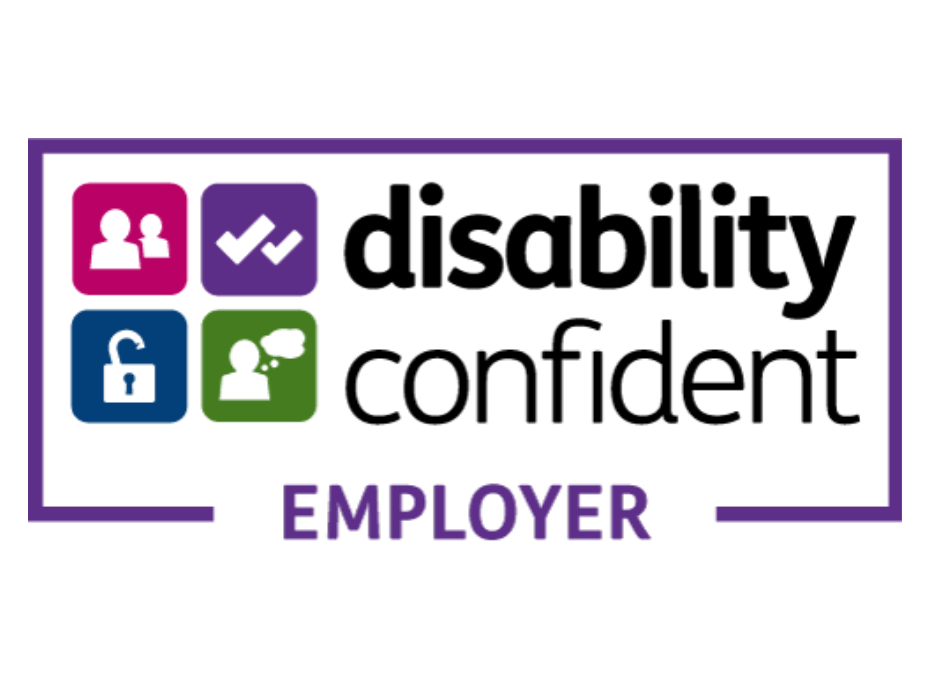Sensory Overload
Sensory overload can happen when one or more of someone’s five senses (sight, hearing, smell, touch, and taste) becomes overstimulated. Anyone can experience sensory overload, but it is most common with people who have PTSD, autism or ADHD just to name a few. Your brain is overwhelmed by this input, it enters fight, flight, or freeze mode in response to what feels like a crisis, making you feel unsafe or even panicky.
What causes it
Sensory overload can be triggered by a wide variety of situations, sounds, or sights. Each person may be overwhelmed by something different. Some examples of situations that can trigger sensory overload include:
· Loud noises or music
· Crowded spaces
· Emotionally intense people or groups
· Drastic environmental changes (temperature, light, etc.)
· Unexpected or unwanted physical contact (hugs, etc.)
· Heavy traffic
· Tactile triggers (scratchy or uncomfortable clothing, etc.)
· Intense smells
Signs of a sensory overload
People may experience only auditory overload, while others might experience it visually. In some cases, more than one of your senses might feel overloaded. However, there are some shared symptoms that anyone experiencing sensory overload might have.
These might include:
· Anxiety and an inability to relax
· Difficulty sleeping
· Irritability
· Lack of focus
· Stress, fear, or panic
· Restlessness and physical discomfort
· Urge to cover ears and eyes to block out the source of input
There are many ways to help manage these symptoms when they emerge. One of the most effective ways to cope with sensory overload is to recognise your triggers and learn how to avoid them. You could do this by keeping a diary or making a note of each time it happens.
Personal experience
I myself started getting sensory overload on a recent trip to my local shopping centre. This happened while out with my partner. We had gone into one of those sport shoe shops in hopes of finding him something to wear. The music was pounding through my chest, increasing in volume, as we walked deeper and deeper inside. Halfway through, I started feeling enclosed and trapped, unable to escape the constant noise. I could feel the panic starting to build up and my partner could tell something was up. This is when we decided we had to get out, I held his hand as he guided me out the crowded shop. It felt like a breath of fresh air once we got out!
If you or someone you know can relate to this blog, do get in touch as we would love to hear from you.
Stay safe,
Lauren @ ANC

